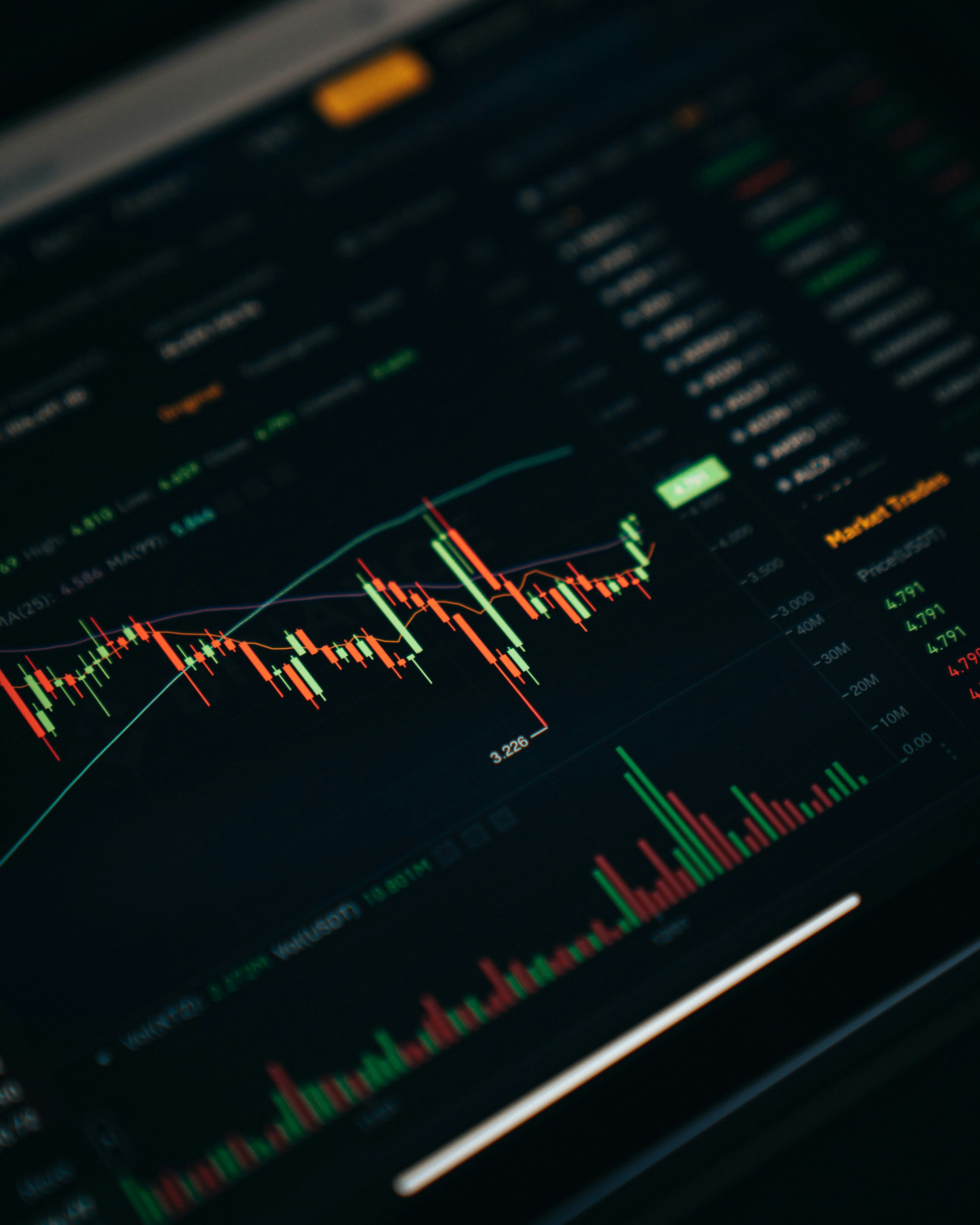Crypto Trader's Guide: Emotional Checklist

A lack of emotional awareness is a key downfall for traders. Once you have your trading strategy in place, a plan for the trade, then it comes down to execution. At this point execution is more important than analysis. And what can mess up your execution? Emotions. As humans we're all weak when it comes to our emotions. As traders they can lead us to deviating from our initial plan. Resulting in us making bad trades. And nobody wants to make bad trades, so let's talk about how we can improve our self-management.
Emotional Checklist For Trading
A trader's self management is an often overlooked subject. We focus on learning how to read price action or the best indicators to have on a chart. It won't matter how many perfect trades you make, if you're unable to cut the bad ones. Over positioning or holding trades past invalidation points are sure signs that emotions have got the better of you.

Below I will go through some psychological states that I've come across through my trading career. Though let's quickly talk about the importance of managing risk. If you've never thought about risk management for your trades, then stop reading here. Walk back a few steps and dive into my article on Risk Management for crypto trading first. No risk management means you will eventually blow up your account.
Why emotions are linked to risk management?
Long term success in trading comes down to following your risk management rules. Being able to keep your portfolio drawdown to a minimum. These are trading decisions that are linked to controlling your emotions. Its impossible to master one without the other. You should be okay risking a small percentage of your trading account. Essentially, win or lose you're collecting data about your trading system. Which will ensure you continue to adapt and improve on your trading journey. If you can't stomach the loss of a trade setup being invalid, then you're probably over positioned and taking too much risk.
With that said, lets go through various emotional states that you might find yourself battling with.
The Imaginoor
Living in a fantasy world where you keep imagining your lifestyle if your account balance was X. This can lead to chasing that target in a bad way, especially when the goal is close. For example, if you're aiming to reach 7 figures and you already have a plan for what you will do with that money.

When you're in the high 6 figures, on the final stretch, the push to get to your goal quickly will be stronger. You might start dreaming about all the lifestyle benefits you will have when you reach that goal. This can lead to over-risking and blowing up a significant portion of your account. There is a popular saying of don't trade your PNL, I think that applies here.
The Doomer
The direct opposite of the imaginoor, here you enter a perpetual state of thinking the worst outcome, the ultimate catastrophe. Perhaps you've been on a losing streak and lost faith in your ability to read charts. You may find yourself over-positioning the trade, going all in on a position.

Why? Because nobody is going to make it, black swan is around the corner, so fuck it! Again the result is over-risking and blowing up your account. But don't you need conviction when entering a position? Yes, but the conviction should come from your analysis and not from desperation: Its all rigged who cares, x100 leverage!
The Addict
Cryptocurrency markets are open 24/7 and never close. This is a blessing and curse in itself. It means we have opportunities at any time of the day, but it also means we can fall prey of market obsession. There is always something to research or think about: volatility, volume, the fed's next meeting, what does Powell mean, China is banning Bitcoin again, Koreans are listing something, Elon said woof woof...

It makes it extremely hard to unplug. You may have a feeling of: if i am not in a trade I am missing out. Which is a feeling that cloud's your judgement into making bad trades. Trades that don't even make sense for your strategy or thesis. Here the risk becomes over-trading, when the answer was staying patient. Sometimes the best way to make money is stay flat, sit on your hands, and let the trades come to you.
The Tweeter
Social media can be a very dangerous place for a crypto trader. Because it will play games with your conviction. If you have entered a trade following your strategy, only to find people disagree with the setup then you will lose conviction.

This can lead to you closing trades before target or not even opening them in the first place. Consequently, you will not be following your plans. If you know that your strategy is profitable, why shouldn't you follow your plan? Not every trader needs a market sentiment check from other participants. There isn't really a solid answer here, its something you will need to figure out on your own time. Perhaps you will be more profitable with a strict social media blackout, or perhaps not.
So what to do?
The bottomline is there is a relationship between our thoughts, our feelings, and our actions. It's silly to think there would not be, recognize it. Hell it is one of the main reasons why there is a whole legion of market participants that code algo trading bots.

When you see the price of BTC plummeted overnight, you may not be able to control your first thought. However, it is possible to control how we respond to that thought.

